Housing Status as a Protected Class
trcf marketing • August 27, 2025
Housing Status as a protected class
Through the City Code, the city of Pittsburgh has created “protected classes,” which aim to protect citizens against various forms of discrimination in different facets of life. These codes aim to prevent discrimination in employment, housing, public accommodations, and city services. Protected classes prohibit the discrimination of individuals based on: race, color, sex, religion, ancestry, national origin, place of birth, ancestry, age (over 40 years of age), sexual orientation, handicap/disability, use of assistance/service animal, familial status, pregnancy/child birth, survivor of domestic violence, citizen or immigration status, preferred language, cultural hair textures/styles/coverings, and gender identity. Currently, the city of Pittsburgh is looking to add another protected class to the codes - housing status.
The official definition of housing status as a protected class would be as follows: The actual or perceived type of housing in which an individual resides, or previously resided in, whether publicly or privately owned; or the status of not having a fixed residence, including the status of living on the streets, in a homeless shelter, or similar temporary residence; or currently or formerly living in transitional, temporary, or shelter housing; or lacking a residential rental housing history in whole or in part.
The goal of this code would be to prevent discrimination against unhoused individuals, or those who have struggled to find and maintain stable housing in the past. This new city code would be especially helpful to this protected class when in search of housing/residence, and aims to protect potential tenants. Specifically, this code would aid in protecting individuals in instances where landlords require a housing history, or if the potential tenant receives funds from an organization/shelter in support of permanent housing. A denial by a landlord on the basis of previous/current housing status, or funding related to being unhoused, will be considered discriminatory within the city of Pittsburgh.
This ordinance would provide protection in multiple facets of life, but would specifically aid this population when in pursuit of more permanent housing. This ordinance is expected to be introduced to the City Council in September/October. Those who want to share their thoughts on this ordinance may contact their councilmembers directly, or appear for public comment. This post will be updated with the official ordinance and link to information once it is introduced to City Council.
Contact your councilmember and let them know what you think:
Bobby Wilson, District 1
Email: district1@pittsburghpa.gov
Phone: (412)255-2135
Theresa Kail-Smith, District 2
Phone: (412)255-8963
Bob Charland, District 3
Phone: (412)255-2130
Anthony Coghill, District 4
Phone: (412)255-2131
Barb Warwick, District 5
Email: district5@pittsburghpa.gov
Phone: (412)255-8965
Daniel Lavelle, District 6
Phone: (412)255-2134
Deb Gross, District 7
Email: district7@pittsburghpa.gov
Phone: (412)255-2140
Erika Strassburger, District 8
Email: district8@pittsburghpa.gov
Phone: (412)255-2133
Khari Mosely, District 9
Phone: (412)255-2137
Alternate Phone: (412)255-8658
All Pittsburgh City Council meetings are held in the Council Chamber on the 5th floor of the City-County Building, located on 414 Grant Street, Pittsburgh, PA 15219, unless otherwise noted. Citizens must apply at least 24 hours in advance of meetings for public comment. You can find the application for public comment on www.pittsburghpa.gov. The next City Council meetings are scheduled for:
9/3, 10 AM
9/9, 10 AM
9/16, 10 AM
9/22, 10 AM
My name is Maddie Morelli and I am in my final year of the BASW program at the University of Pittsburgh. For the 2025-26 school year, I will be interning at Three Rivers Community Foundation. I am extremely excited to learn from all the wonderful people at TRCF, as well as learn from the people in the community.

